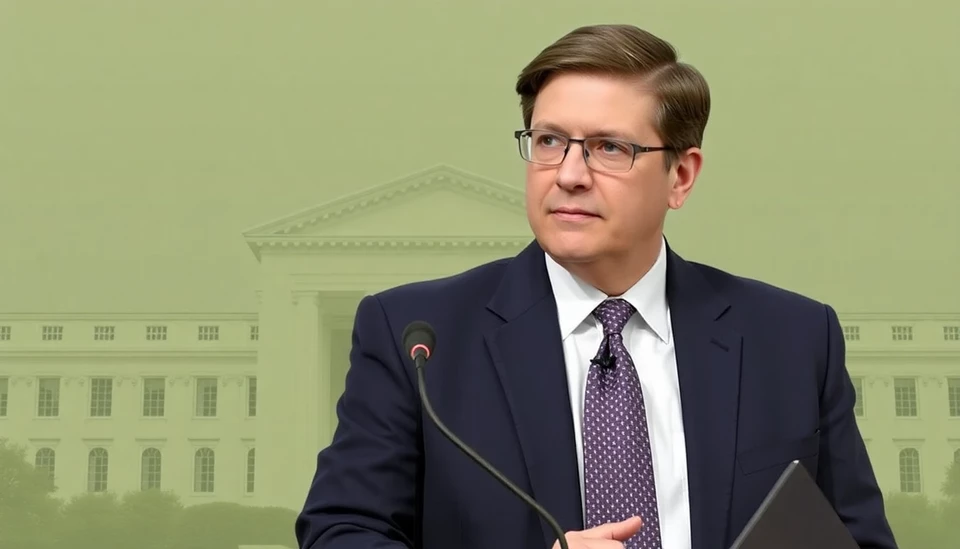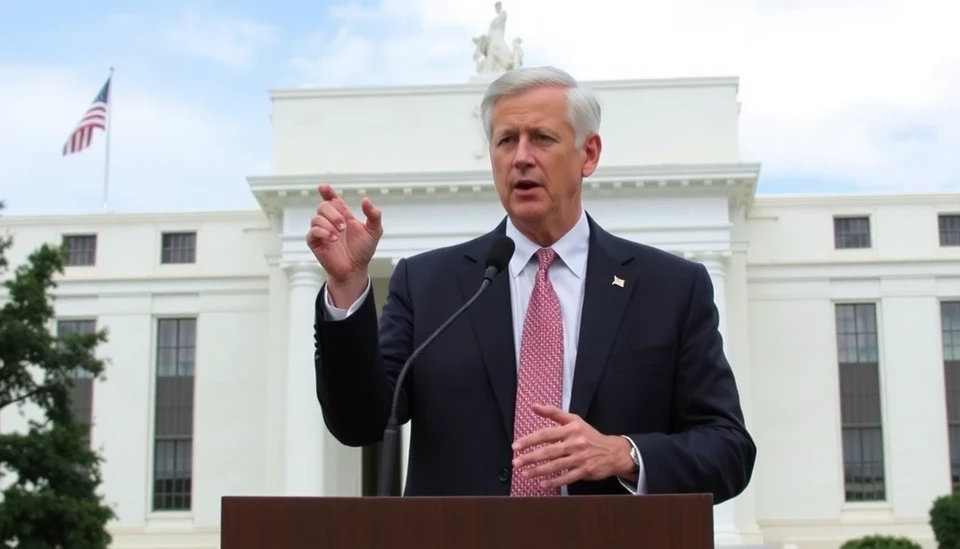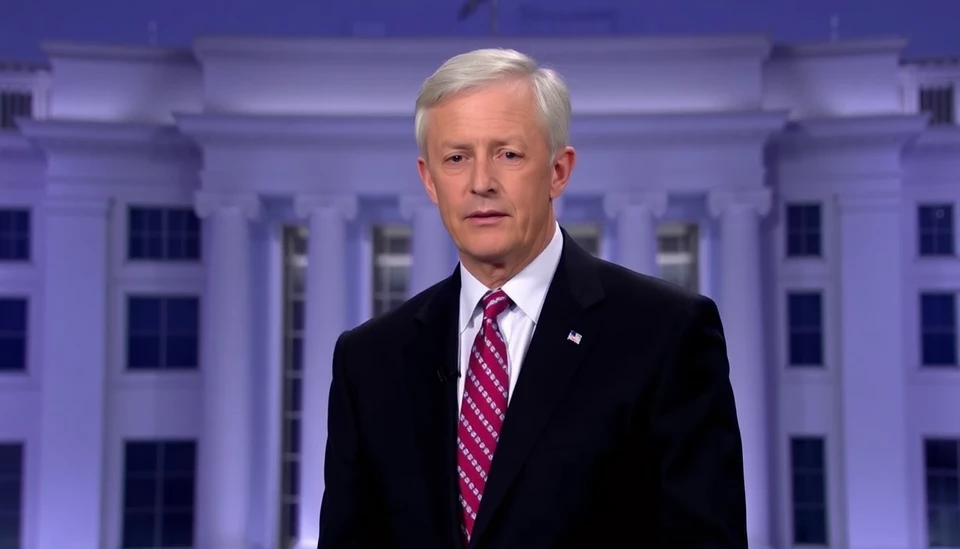
In a recent episode of Bloomberg's podcast, former Federal Reserve Vice Chair Richard Clarida shared his insights on the current challenges facing the Federal Reserve as the economic landscape evolves. With the 2024 elections looming, Clarida emphasized the delicate balancing act the Fed must perform amid fluctuating inflation rates and shifting economic indicators.
Clarida noted that the Federal Reserve is at a "tricky moment" where they must navigate both domestic economic concerns and global market responses. He underscored the importance of communication and transparency as the Fed seeks to steer the economy towards stability without triggering adverse reactions in financial markets.
One of the key points of discussion was the interplay between inflation control and employment levels. Clarida illustrated how any aggressive moves to curb inflation could potentially lead to increased unemployment, creating a dilemma for policymakers. He argued that while controlling inflation is critical, the Fed must also remain cognizant of workforce participation rates and the broader impacts on households.
Additionally, during the podcast, Clarida addressed the Fed's recent interest rate decisions, acknowledging that while maintaining low rates stimulates economic growth, it also carries the risk of further inflation if not carefully managed. As the economy shows signs of resilience, he called for a measured approach that considers both current metrics and future projections.
Clarida's insights come at a pivotal time, as the Federal Reserve's decisions will not only influence the immediate economic landscape but also set the stage for future fiscal policies in light of the upcoming elections. He warned that political pressures could further complicate the Fed's ability to make decisions based solely on economic data, stressing the need for independent judgment devoid of external influences.
Moreover, the former Fed official emphasized the significance of global economic conditions, particularly how shifts in other major economies could impact U.S. monetary policy. He urged a continued focus on international economic trends, suggesting that the Fed should remain agile to adapt to unexpected developments abroad.
Overall, Clarida's reflections highlight the intricate challenges faced by the Federal Reserve in the volatile economic climate as they aim to balance inflation control with sustainable growth, all while preparing for the ramifications of 2024's electoral outcomes.
Listeners who tune into the podcast can expect a nuanced analysis of the Federal Reserve's current position, alongside valuable insights into the complex interplay of economics and politics that could shape the future of monetary policy.
For those interested in the intricate dynamics of the economy, Clarida's commentary serves as both an informative and thought-provoking exploration of the Federal Reserve’s pivotal role during this transformative period.
#FederalReserve #RichardClarida #EconomicPolicy #InflationControl #MonetaryPolicy #USEconomy #2024Elections #FinancialMarkets #PodcastInsights
Author: Daniel Foster




